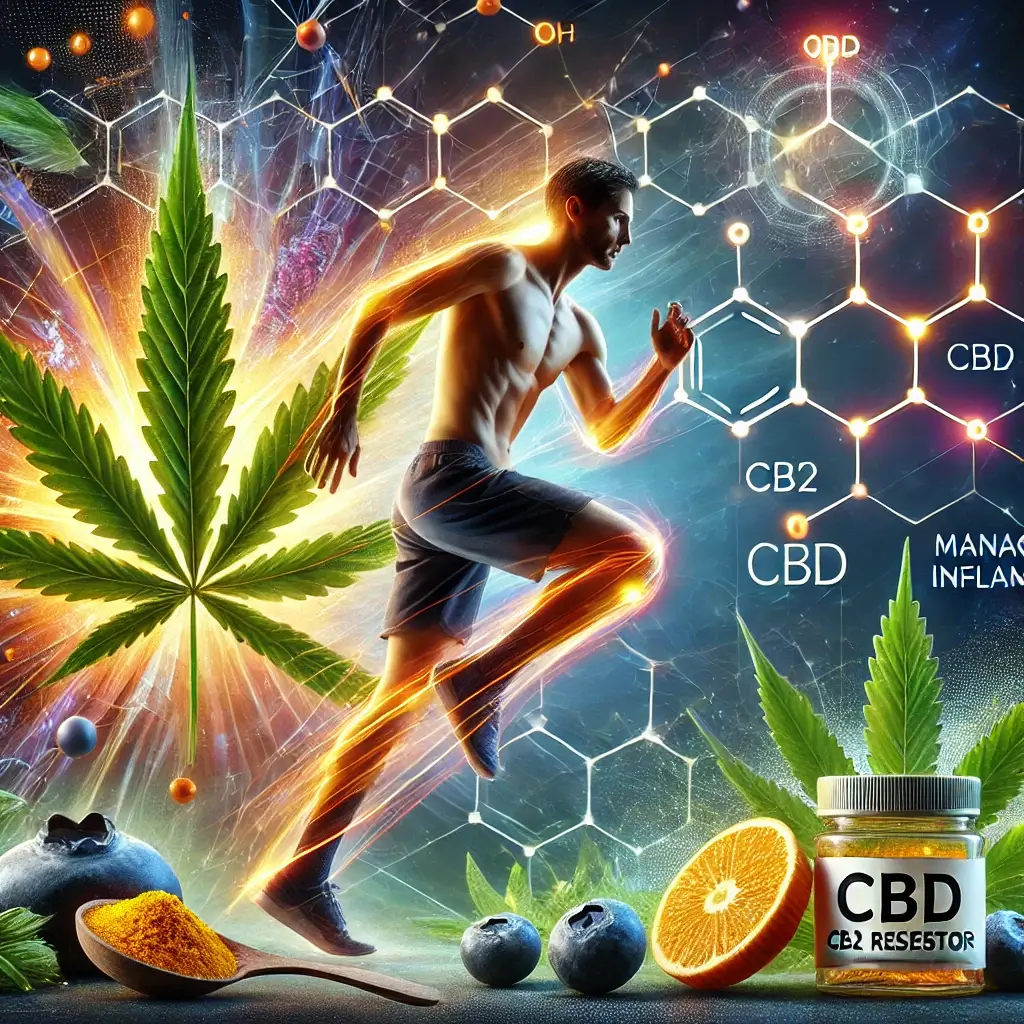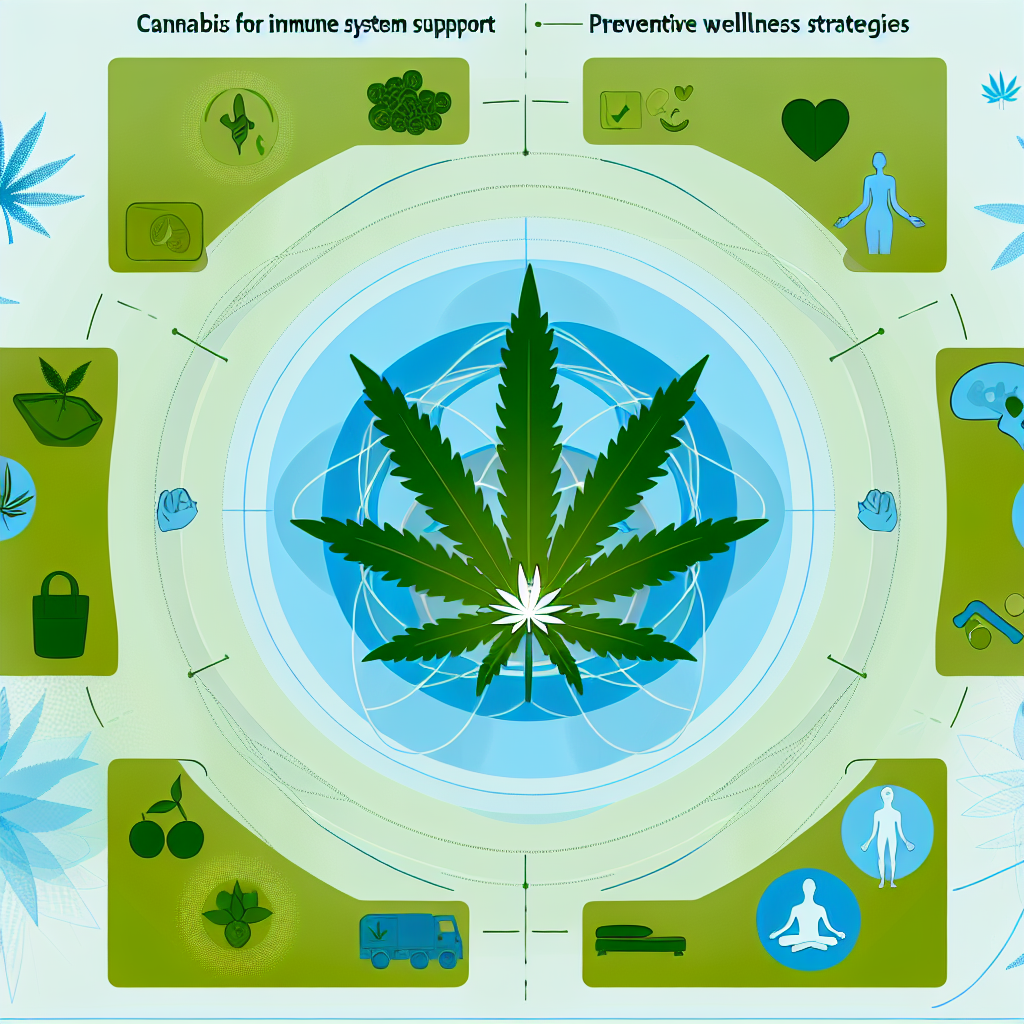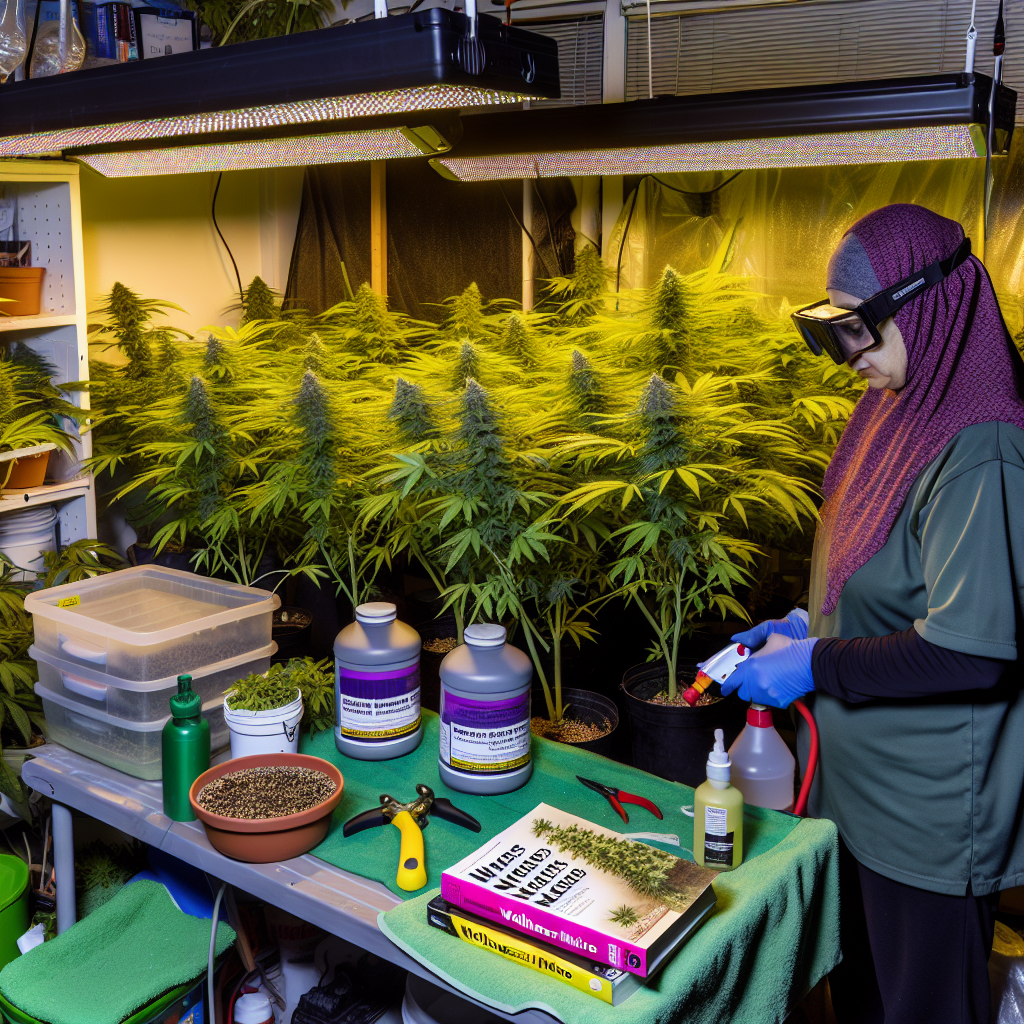The Dual Nature of Inflammation in Sports
Inflammation is a double-edged sword in the world of sports and physical activity. On one hand, it is a natural response that helps repair tissues and build strength after exercise. On the other, excessive or prolonged inflammation can hinder recovery, cause discomfort, and limit performance. For athletes and active individuals, managing inflammation effectively is essential for consistent progress and overall well-being.
Natural Alternatives to Traditional Anti-inflammatory Methods
Traditional methods of controlling inflammation, such as NSAIDs, are widely used but carry risks of side effects like gastrointestinal discomfort or long-term dependency. As awareness of these risks grows, the demand for natural and effective alternatives has surged. Among these alternatives, cannabidiol (CBD) has emerged as a powerful tool for managing inflammation. Derived from the cannabis plant, CBD is non-psychoactive and has demonstrated impressive anti-inflammatory properties through its interaction with the endocannabinoid system (ECS).
Recent Research and CBD’s Impact
Recent studies, such as those published in Sports Medicine Quarterly (2024), highlight CBD’s ability to reduce inflammatory markers by up to 47%. CBD’s impact extends beyond its anti-inflammatory effects, addressing related issues like pain, oxidative stress, and overall recovery. This makes it an attractive option for athletes seeking a safe, sustainable, and natural approach to managing exercise-induced inflammation.
Introduction to CBD’s Role in Recovery
In this article, we’ll examine how CBD interacts with the body to reduce inflammation, explore its synergistic effects when combined with natural remedies, and provide actionable protocols for incorporating it into recovery routines. By understanding and leveraging these benefits, athletes can take a comprehensive approach to recovery, maximizing performance while protecting long-term health.
Scientific Mechanisms of CBD
CBD exerts its anti-inflammatory effects by interacting with CB2 receptors in the immune system, which regulate the body’s inflammatory responses. When stimulated by CBD, these receptors suppress the production of pro-inflammatory cytokines like TNF-alpha and IL-6.
Research Findings on CBD’s Effectiveness
Thompson et al. (2024) demonstrated that CBD reduced TNF-alpha by 43% and IL-6 by 38% in post-exercise individuals. Additionally, CBD’s antioxidant properties help neutralize free radicals, mitigating oxidative stress—a key driver of chronic inflammation.
Natural Combinations for Enhanced Recovery
CBD’s effects can be amplified when paired with other natural anti-inflammatory agents: Turmeric, Omega-3 Fatty Acids, Antioxidant-Rich Foods, and Terpene-Infused Formulations.
Implementation Strategies for CBD Use
Incorporating CBD into a recovery regimen requires a strategic approach with specific dosages for pre-workout, post-workout, and recovery days, along with various application formats for systemic relief and targeted treatment.
Research-Backed Performance Benefits
Research supports CBD’s ability to accelerate recovery and enhance performance through muscle soreness reduction, DOMS duration decrease, and improved peak performance recovery.
Holistic Recovery Approach
CBD’s role in recovery goes beyond short-term relief. When combined with mindfulness practices like yoga or meditation, proper hydration, and a nutrient-rich diet, it forms the cornerstone of a sustainable recovery strategy.
Summary and Future Implications
CBD is transforming the landscape of inflammation management and recovery for athletes and active individuals. By targeting the root causes of inflammation through CB2 receptor modulation and oxidative stress reduction, CBD provides a natural, safe, and effective alternative to traditional anti-inflammatory methods. When paired with synergistic natural agents like turmeric and omega-3s, CBD’s benefits are amplified, offering a holistic approach to recovery. Backed by scientific research, such as the findings by Thompson et al. (2024) and Martinez (2023), CBD presents a compelling case for integration into recovery routines. By adopting CBD as part of a well-rounded recovery plan, athletes can reduce downtime, increase training consistency, and achieve long-term health benefits. As the evidence continues to grow, CBD’s potential as a cornerstone of inflammation management is clear—empowering athletes to recover better, perform stronger, and sustain peak performance.




